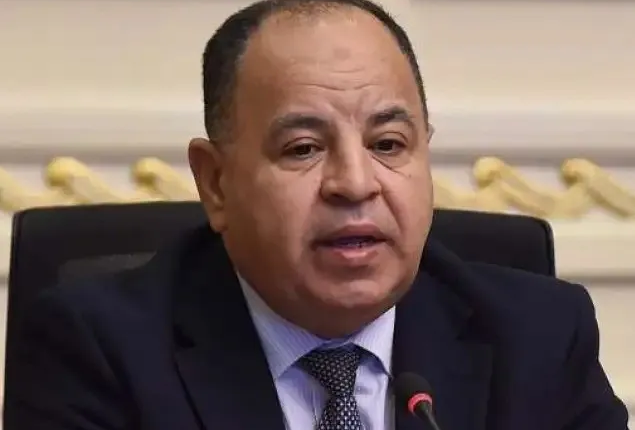Egypt’s minister of finance discusses new budget, fiscal priorities
Egypt is on the right path for economic improvement as the Egyptian Minister of Finance, Mohamed Maait, expressed optimism for the future during an open dialogue with the industrial and commercial sectors on Tuesday.
During the meeting, Maait emphasised the need for swift economic recovery through increased exports and agricultural and industrial production.
Despite significant pressures on the public treasury, the new budget aims for a initial surplus of 3.5 per cent of GDP, with revenues primarily reliant on non-tax sources, he added.
“The government is committed to maintaining stable tax policies to support economic recovery and stability without burdening investors with additional taxes in the upcoming fiscal year.”
In terms of expenditure, the budget allocates 3.8 trillion pounds for public expenditure, a 23 per cent growth, leaving room for flexible spending to address economic shocks effectively, the minister said.
Social protection measures are being expanded to alleviate burdens on citizens without contributing to inflationary pressures. Moreover, public investments for all state entities are capped at one trillion pounds to encourage private sector participation in economic development.
At the same time, efforts are underway to enhance transparency in financial management through the issuance of documents on financial risks and tax expenditures alongside the state budget.
Special Funds and accounts, representing 10 per cent of total budget, are subject to rigorous expenditure controls.
Additionally, the comprehensive health insurance law is being amended to optimise tax deductions and ensure equitable access to healthcare services.
It was also highlighted that the government is keen on fostering sustainable communication between the business community and policymakers to create an environment that is conducive to investment and economic growth.
Industry leaders have expressed appreciation for the government’s commitment to supporting industrial localisation and low-cost financing initiatives. Moreover, they emphasised the importance of sustaining efforts to support small exporters and enhance their competitiveness in global markets.
https://www.facebook.com/EgyptianCabinet/posts/pfbid031NPyG7z4Ems3N2o8YiU1LcVriznNyMe7xerdC2uodAbj4HNZwqQUs6BzhVMNPyFHl


